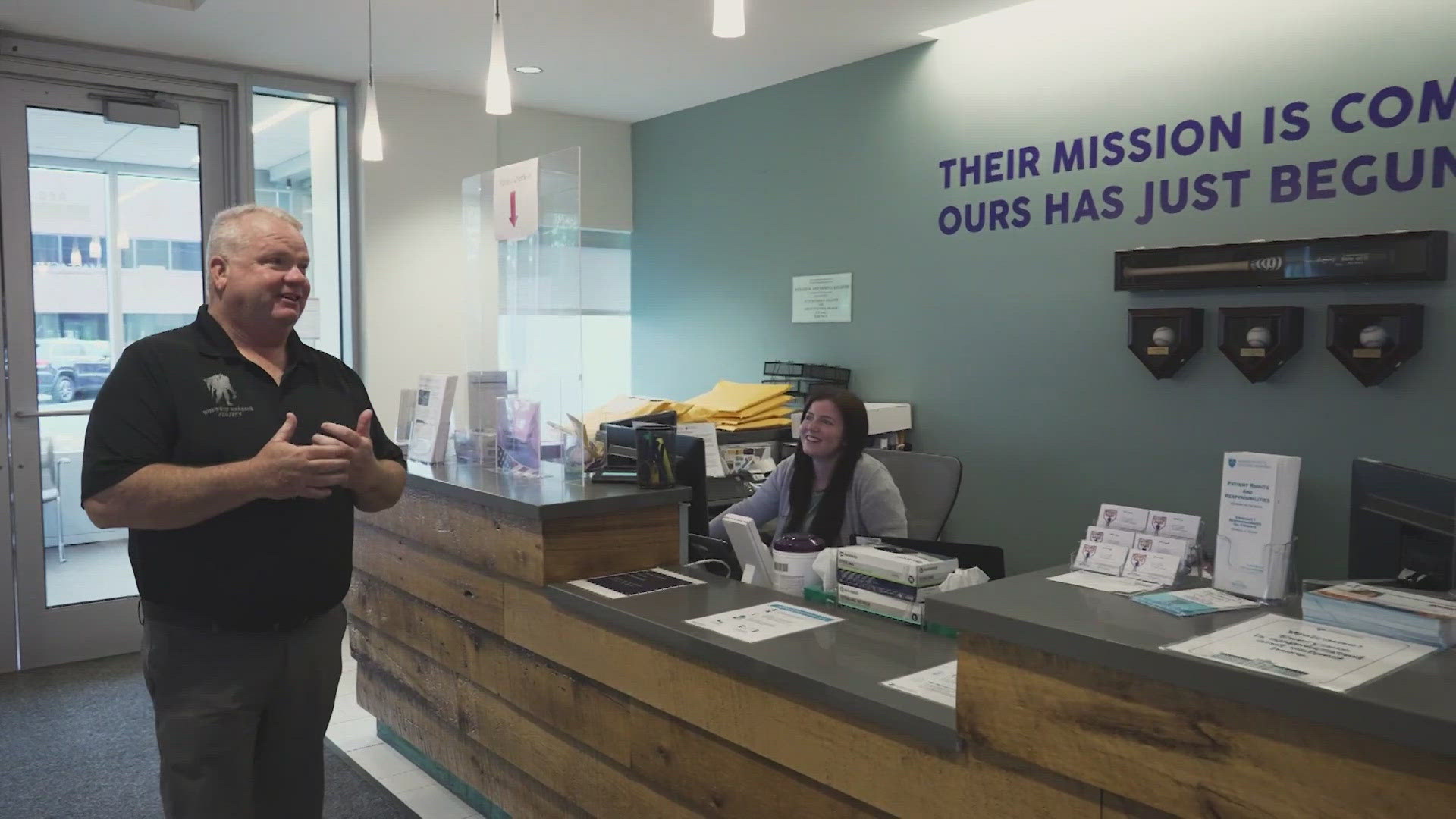JACKSONVILLE, Fla. — The Wounded Warrior Project has invested $100 million for care for veteran mental health and brain injuries. The money will fund programs for post-9/11 veterans that aim to reduce depression, anxiety and substance use disorders.
Jenna Malone and her family live in Starke. Her husband suffered through significant mental health issues after returning from deployment oversees.
Malone joined Good Morning Jacksonville Saturday to describe the improvement in her husband's daily life (as well as the rest of their family) because of the programs provided by Wounded Warrior Project.
The following information was provided by Wounded Warrior Project:
How Warrior Care Network works
- Participants receive customized two-week treatment at no cost. On average they get 50 hours of treatment, or the equivalent of a year of weekly therapy, packed into two weeks.
- Warriors participate alongside other veterans in a cohort model to facilitate peer support.
- Family members of veterans have opportunities to participate too, allowing them to play an active and supportive role in their loved one’s recovery.
- Clinicians are trained to be culturally sensitive to the unique needs and experiences of military families.
- Clinicians build each warrior’s program schedule to balance intense therapy with complimentary care like yoga, massage, and other therapeutic experiences.
- Warrior Care Network also treats substance use disorder alongside PTSD. Traditionally veterans have had to treat one or the other first, rarely concurrent.
Wounded Warrior Project mental health data
- Three of the 4 most common health needs among post-9/11 veterans are mental health related, according to WWP’s most recent annual survey
- 76% of WWP warriors live with post-traumatic stress disorder, half of whom are at moderate or severe levels.
- 76% live with anxiety
- 74% live with depression, which the organization has found to be the most significant contributor to low quality of life overall.

